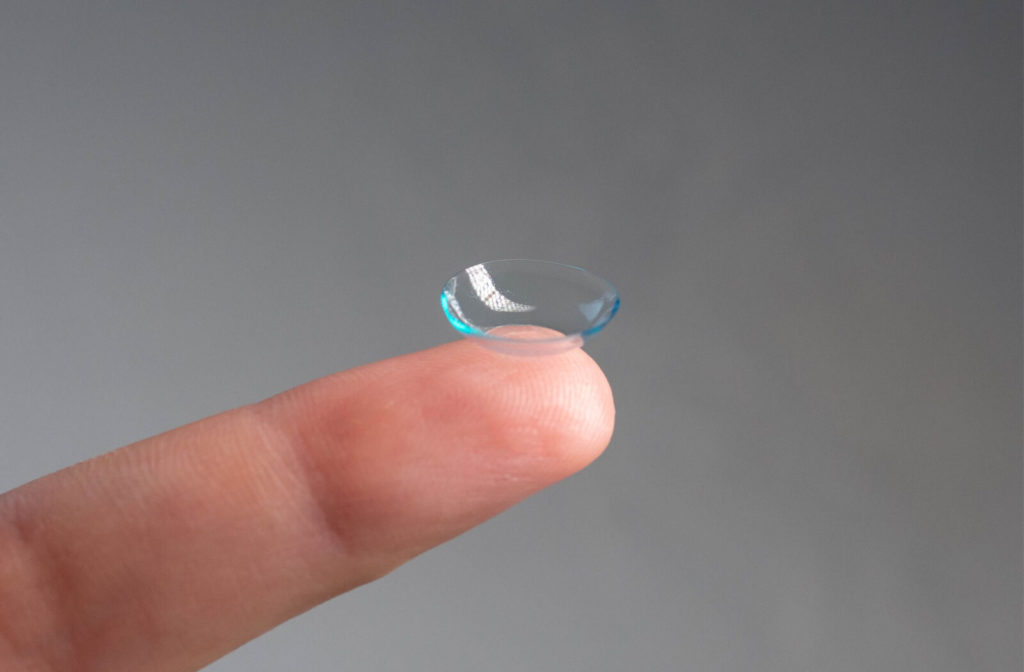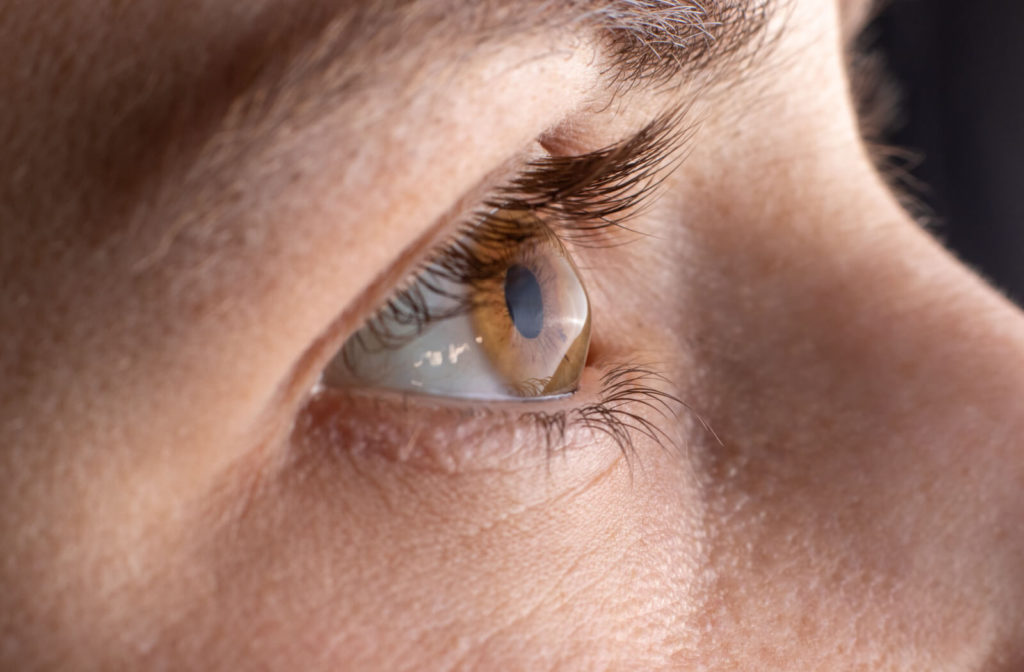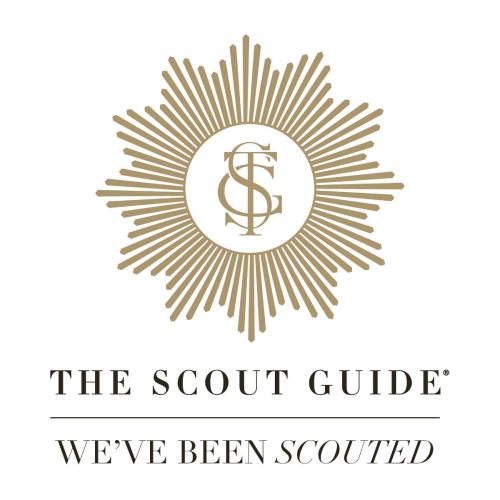When you have keratoconus, there are a variety of different contact lenses that can be used to correct your vision. There are many options available, and it can be overwhelming to figure out which one will be best for you.
Soft contacts, rigid gas permeable lenses, scleral, and hybrid lenses can all be suitable for people with keratoconus, depending on your eye shape and the progression of the disease. Based on your eye health, your optometrist can help you with a personal contact lens fitting to help you decide which contacts can support your needs.
What Is Keratoconus?
Keratoconus is an eye disease which thins the cornea and gradually bulges the eye outward into a cone shape. When this happens, it may cause blurred vision and sensitivity to glare and light. For many people, this disease will affect both eyes but will be stronger in one of the eyes.
When the eye changes shape, it becomes difficult for the eye to properly focus light, resulting in blurred vision. Some of the symptoms of this condition are:
- Blurring and distortion of vision
- Swelling in the cornea
For many people, this condition can appear as early as 10 and as late as 25 years old. It progresses over time for 10 to 20 years, then can slow in its progression. This condition can be hereditary. Typically 1 in 10 people who experience keratoconus have a close family member who also has this condition.
During the early stages of keratoconus, there are a variety of contact lenses that can help this condition. While each will have different ways to correct your vision, understanding the differences between them can help you find the right lenses for your needs.

Soft Lenses or Eyeglasses
When you have mild to moderate keratoconus, soft contact lenses or glasses can help correct blurry or distorted vision. As the shape of your corneas changes, your prescription will change to compensate for the alterations in your vision.
Rigid Gas Permeable (RGP) Contact Lenses
Hard contact lenses, or RGP contact lenses, are more effective for moderate keratoconus. These lenses are designed to change and create a new optical surface for light refraction to be effective. This will help to correct astigmatism and provide clear vision.
With RGP lenses, there is higher oxygen permeability which helps to maintain better eye health.
Scleral Lenses
These are another type of lens that can be worn to treat keratoconus when regular hard and soft lenses are not the right choice for you. Scleral lenses are gas permeable and made specifically for those with corneal conditions that make other contact lenses difficult to wear.
These lenses are larger than typical lenses, which can make them more stable on the eye. They tend not to fall out as often and move around less. For many, they provide more comfort and cover different ranges of the sclera—the white portion of the eyeball. There are 3 types of scleral lenses:
- Full scleral—these are the biggest lenses which provide the largest arch over the cornea. This increases the space between the lenses and cornea.
- Mini scleral—these arch over the front part of the sclera and are mid-sized.
- Corneo-scleral and semi-scleral lenses—these are the smallest of the lenses.
Hybrid Lenses
Hybrid lenses are combination lenses which have a rigid center and a soft outer ring. This helps the wearer have more comfort and flexibility while wearing them. For those who cannot tolerate harder lenses, this may be a better, longer-term solution for your needs.
Which Contact Lenses Are Best For My Condition?
There are many ways to treat your keratoconus. Depending on how far along your condition is or your comfort level, your optometrist can help you find a solution that’s right for you.
Before you commit to a certain contact lens, you should speak to your optometrist to have a proper fitting for your contact lenses. If you have not worn contact lenses before and are experiencing the symptoms of keratoconus, a contact lens fitting is your first step toward clear vision and better eye health.
Next Steps
Your eye health is important, and the optometrists at Pinnacle Eyecare can help you to find the right treatment for your individual needs. Book your appointment today to speak to an optometrist to learn what options are available for you. We’re committed to providing personalized solutions for your vision!





